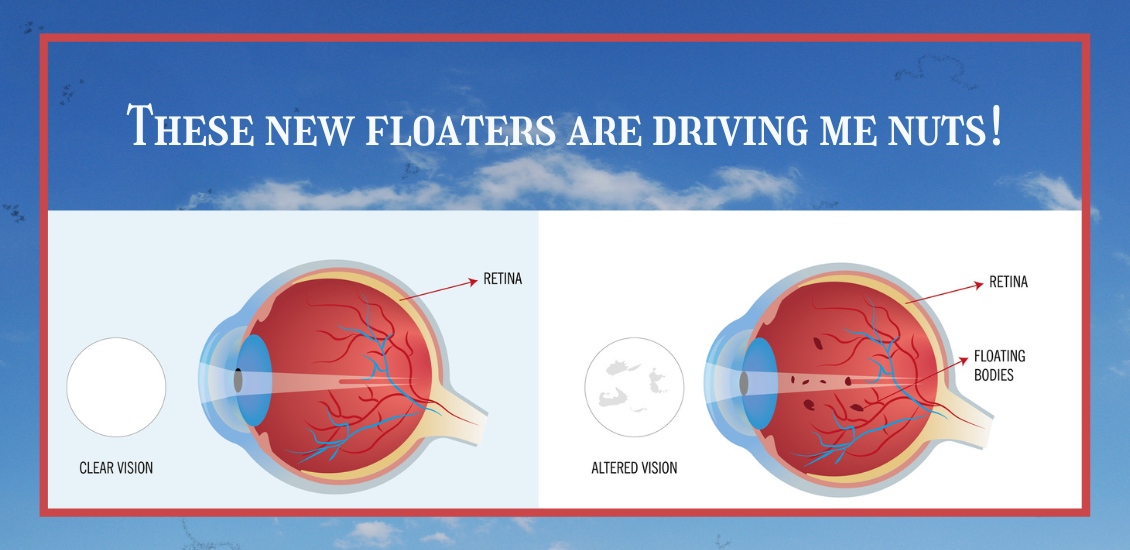Blog

"It was the best of times, it was the worst of times." These famous words by Charles Dickens are playing out today in the area of technology.
We are living in the best of times when it comes to obtaining knowledge at the push of a button. But smartphones, laptops, video games, tablets, etc., can really increase our daily total screen time.
What are the symptoms of too much screen time for the eye, and how can you combat these symptoms? Research shows that screen time can adversely affect your eyes, focus, moods, and ability to sleep and relax.
Doctors are also seeing an increase in dry eye syndrome because patients do not blink often enough while they are staring at the screen for a prolonged period of time. The lack of blinking can cause burning or watery eyes, rubbing of the eyes, and frequent headaches.
The key to combatting these symptoms is to consciously blink more, use rewetting eye drops, and take frequent breaks. Make it a priority to practice the 20-20-20...

Do you have floaters in your vision?
Floaters are caused by thick areas in the gel-like fluid that fills the back cavity of your eye, called the vitreous.
Many people, especially highly near-sighted people, often see some degree of floaters for a good portion of their lives. Often, these floaters are in the periphery of your vision and may only be visible in certain lighting conditions. The most frequent conditions are when you are in bright sunlight and are looking toward the clear blue sky. I know this from personal experience since I have a floater in my left eye that I most often see when swimming outdoors. Every time I turn my head to the left to breathe I see this floater moving in my peripheral vision.
This is totally harmless other than when I’m swimming in the ocean and swear that sudden object in my peripheral vision is a shark bearing down on me. Some people who have floaters are not as lucky-- the floater might be in their central vision and almost constantly...


